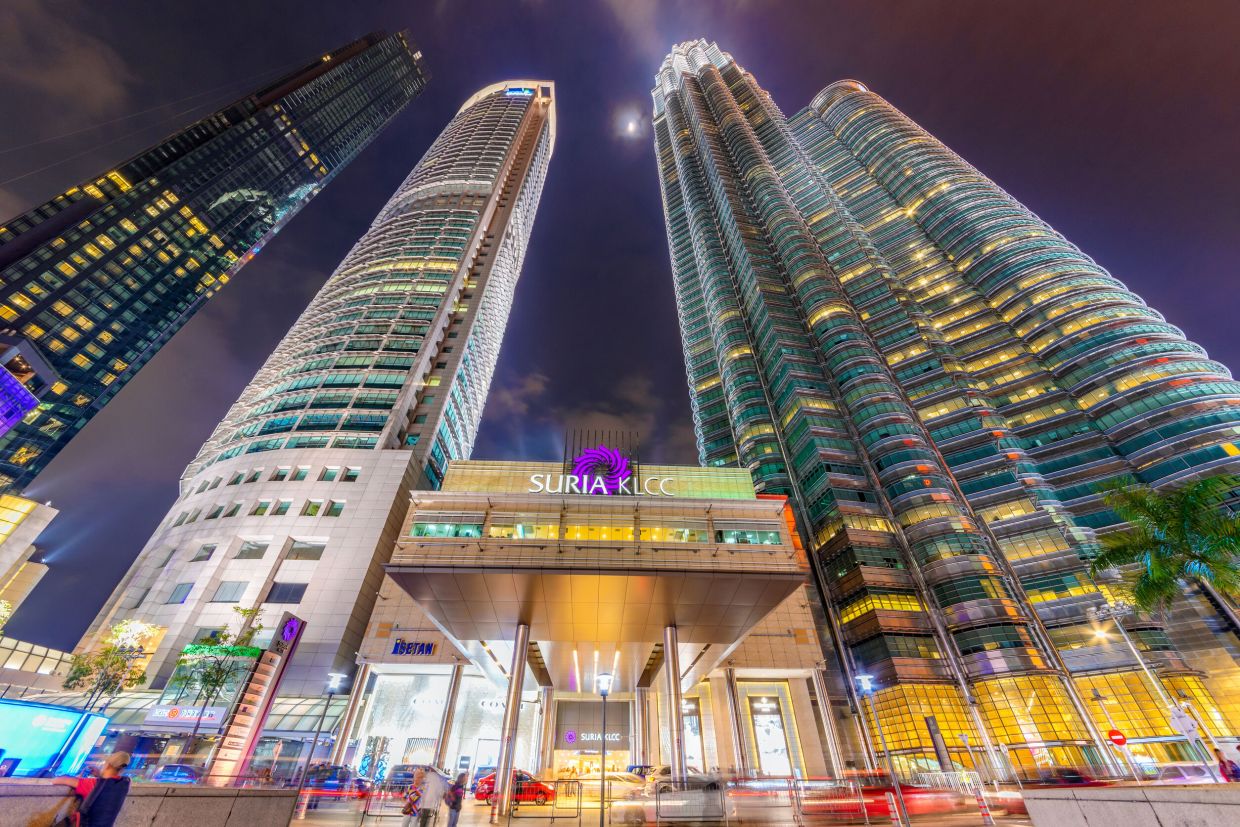Malaysia: Rebound in tourist arrivals likely to boost several MREITS
PETALING JAYA: Analysts generally are mixed about the Malaysian real estate investment trusts (MREITs) as the sector remains under a bearish supply outlook with more space expected to worsen the oversupply conditions, while on the demand side, the weaker economy is set to impact disposable incomes.
The bright spot is the rebound in inbound tourist numbers that may help selective REITs while the strong labour market will support sustained domestic spending.
Kenanga Research said despite challenging industry fundamentals such as constant oversupply, especially in the commercial office sub-sector, certain pockets of strength are visible in strategically located retail space and the resilient industrial segment.
“We believe the occupancy rates for both the purpose-built office space and retail segment will remain under pressure. Against the already overhang backdrop, more supply is expected to come onstream.
“On the demand side, following the full resumption of economic activities post the pandemic, the take-up rate for office and retail spaces will likely be muted amid the prevailing jittery economic prospects and elevated inflation worries,” the research house said in a report yesterday.
The 2022 Property Market Report by the National Property Information Centre (Napic) recently showed occupancy rate of 78.5% for the purpose-built office space, down slightly from 78.9% end-2021.
In the retail space, occupancy rate stood at 75.4% for retail space in shopping complexes as compared to 76.3% at the end of 2021. Napic said the oversupply situation would unlikely ease “anytime soon” as more supply is expected to come onstream.
For purpose-built office space, an incremental 1.53 million sq m is under construction and an additional 0.99 million sq m attributable to planned supply (where building plan approvals have been obtained), will account for a combined 10.4% of existing supply.
For retail space in shopping complexes, 1.38 million sq m (from construction in progress) and 0.35 million sq m (from planned supply) may be added, representing an extra 9.9% of existing supply.
Unsurprisingly, Kenanga Research has a “neutral” stance on MREITs, but like REITs with a niche in industrial and retail, especially with property assets in prime and strategic locations that continue to provide resilient rental income streams.
Its top pick on valuation basis is Pavilion REIT with a target price (TP) of RM1.43.
MIDF Research, meanwhile, noted that despite concerns about inflation and weaker purchasing power, retail spending had remained robust with retail sales growing at 21.7% year-on-year in January, sustaining double-digit growth for the 12th consecutive month.
This was partly supported by pent-up demand and policy support via measures such as Employee Provident Fund withdrawals.“Even, if we deflated the growth with consumer price inflation, the real growth in retail spending still recorded a double-digit surge since April 2022 in line with the reopening of the economy,” it said.
In terms of value, the monthly retail sales in January remained on an upward trend at close to RM60bil, and had surpassed the pre-pandemic peak of RM47.8bil recorded in December 2019.
With inbound tourist numbers rising on the reopening of international borders, MIDF Research remained positive about MREIT, especially those with exposure to retail and hotels. Its top “buy”picks are IGB-REIT with a TP of RM1.86 and Sunway-REIT at a TP of RM1.73.
“We like IGB-REIT due to the high occupancy rates of Mid Valley Megamall and The Gardens Mall. We also like Sunway-REIT as earnings from retail and hotel divisions are expected to remain solid in financial year 2023, which will support earnings growth,” the research house said.
Source: https://www.thestar.com.my/business/business-news/2023/04/10/rebound-in-tourist-arrivals-likely-to-boost-several-mreits


 English
English




